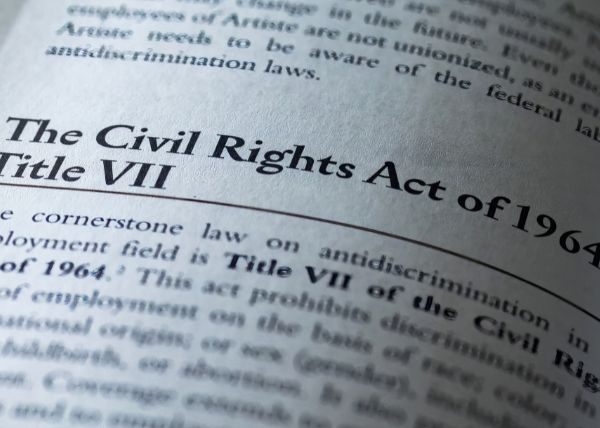
Call Now For A Free Consultation:

Call Now For A Free Consultation:

When it comes to our rights as individuals, there is often confusion between civil rights and civil liberties. Both are crucial to our freedom and protection under the law, but they serve different purposes. At Justin Palmer Law Group, we understand the importance of distinguishing between these two concepts. In this article, we will explore the differences between civil rights and civil liberties, and why understanding these distinctions is essential in upholding justice and equality for all.
Civil rights refer to the basic rights and freedoms that are guaranteed to all individuals by law, regardless of their race, ethnicity, gender, religion, or other characteristics. These rights are essential for ensuring equal treatment and protection under the law and are enshrined in various federal and state laws.
Civil rights are essential for promoting equality, justice, and democracy in society. They serve as a safeguard against discrimination, oppression, and abuse of power, and provide individuals with the tools they need to advocate for their rights and hold institutions accountable for their actions.
At Justin Palmer Law Group, we are committed to protecting and advocating for civil rights and liberties for all individuals. Whether you've been the victim of discrimination, police misconduct, or other civil rights violations, our experienced attorneys are here to help. Contact us today to learn more about your rights and options under civil rights law.
Civil liberties are individual freedoms and rights that are protected by law, typically from government interference or infringement. While civil rights focus on equal treatment and protection against discrimination, civil liberties encompass broader freedoms that are fundamental to individual autonomy and liberty. These are basic rights and freedoms guaranteed by the Bill of Rights and U.S. Constitution.
Civil liberties are essential for fostering individual autonomy, self-expression, and personal fulfillment. They serve as a bulwark against government overreach, tyranny, and oppression, and are integral to maintaining a free and democratic society.
At Justin Palmer Law Group, we are dedicated to defending and upholding civil liberties for all individuals. Whether you're facing censorship, surveillance, or other violations of your civil liberties, our experienced attorneys are here to help. Contact us today to learn more about your rights and how we can protect them.

Understanding the distinction between civil rights and civil liberties is crucial for advocating for justice and equality in society. While both concepts involve fundamental freedoms and protections, they serve different purposes and are governed by distinct legal frameworks.
Civil rights are protections granted to individuals by law, aimed at ensuring equal treatment and protection against discrimination in various aspects of life. Here's how to recognize civil rights:
Civil liberties are fundamental freedoms and rights that are protected by law, typically from government interference or infringement. Here's how to recognize civil liberties:
While civil rights and civil liberties are distinct concepts, they are interconnected and mutually reinforcing. Civil liberties provide the foundation for individual autonomy and self-expression, while civil rights ensure that all individuals have equal access to those liberties without facing discrimination or prejudice.
If you believe that your civil rights have been violated, it is important to seek legal advice and explore your options for seeking justice. This may include filing a complaint with a government agency, pursuing legal action through the courts, or working with advocacy organizations to advocate for change.
Trust in Justin Palmer Law Group to work with you on your civil rights lawsuit. Justin will fight for your rights and help you seek the justice you deserve. Contact us today to schedule a consultation and learn more about how we can assist you in protecting your civil rights.
Attorney Advertising | Prior results do not guarantee a similar outcome. The information on this website is for general information purposes only. Nothing on this site should be taken as legal advice for any individual case or situation. This information is not intended to create, and receipt or viewing does not constitute, an attorney-client relationship. This site is protected by reCAPTCHA and the Google Privacy Policy and Terms of Service apply.